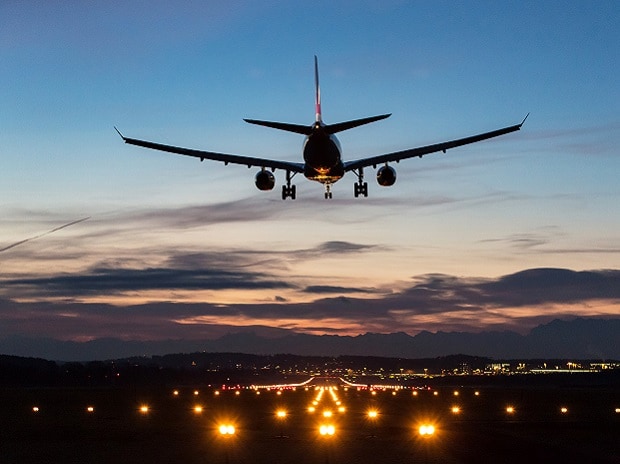Volume-two of the Economic Survey has suggested liberalising rules for airlines regarding flying abroad to bolster India’s share in international air traffic. The Survey also advocated a protectionist policy for domestic carriers, while negotiating air traffic bilateral rights.
The second volume of the Economic Survey 2016-17, which was tabled in the Parliament on Friday, said that the expansion of capacity entitlements under bilateral air service agreements with foreign countries has hurt Indian carriers as foreign airlines dominated international traffic to and from India. The Survey cited several reasons like foreign airlines utilising the 'sixth freedom of the air', expansion of capacity entitlements under bilateral air service agreements with foreign countries, lower utilisation of India’s own capacity entitlements, the 0/20 rule, and fleet constraints as being responsible for the same. "Indian domestic airlines have a very low share in international traffic to and from India," the Survey said.
The sixth freedom is the bilateral air traffic right to fly from a foreign country to another foreign country while stopping in one’s own country. For instance, Emirates operates flights between India and the UK while stopping at Dubai, its home state. The sixth freedom traffic constituted 61.14 per cent of the total international traffic in 2015-16, up from 59.15 per cent in 2014-15. In its successive reports, the Comptroller and Auditor General (CAG) has blamed the unbridled grant of sixth freedom rights to Gulf countries as one of the factors that have hurt national carrier Air India’s interests.
Overall, roughly 38 per cent people fly in and out of India through Indian carriers and the remaining 62 per cent fly with foreign carriers, according to official estimates in January-March this year.
In its National Civil Aviation Policy released in 2016, the central government had diluted the contentious ‘5/20 rule’ that required an Indian airline to have five years of domestic flying experience and 20 aircraft in its fleet before it could fly to overseas destinations. According to the present norm, known as the 0/20 rule, a domestic airline needs to deploy at least 20 planes on the domestic sector before getting the right to fly on international routes from India.
The incumbent airlines, including IndiGo, SpiceJet, Jet Airways, and GoAir, which are eligible to fly on international routes, had opposed any move to dilute the 5/20 rule, while new airlines Vistara and AirAsia had pleaded with the government to do away with the decade-old restrictive norm.
"Reforms such as privatisation or disinvestment of Air India, creation of aviation hubs and reconsidering the 0/20 rule are some suggestions to improve Indian airlines’ share in the international market," the Survey noted.
